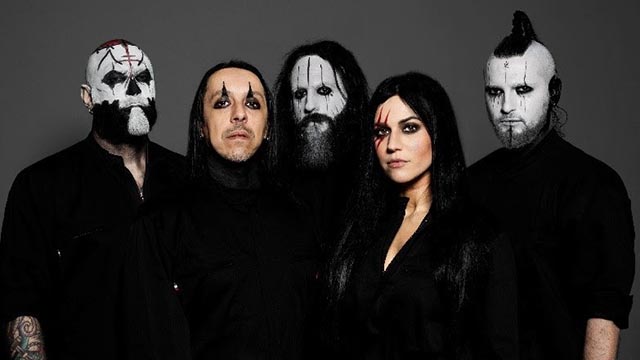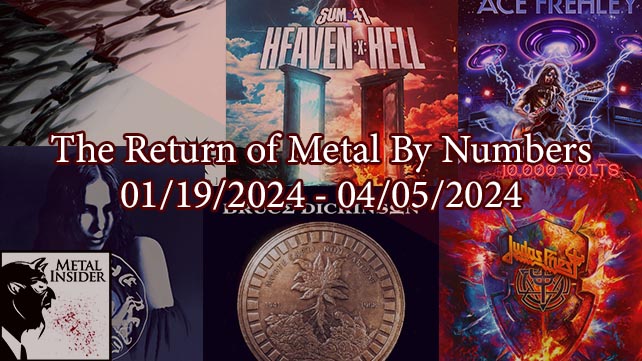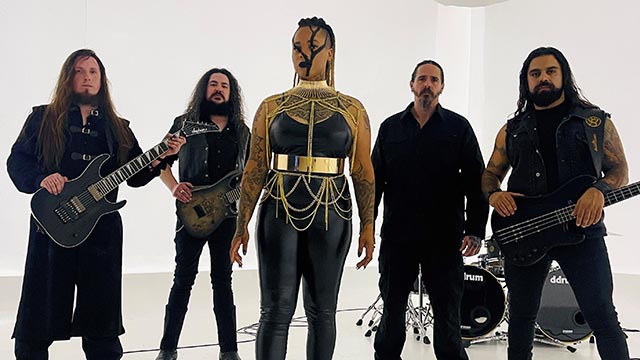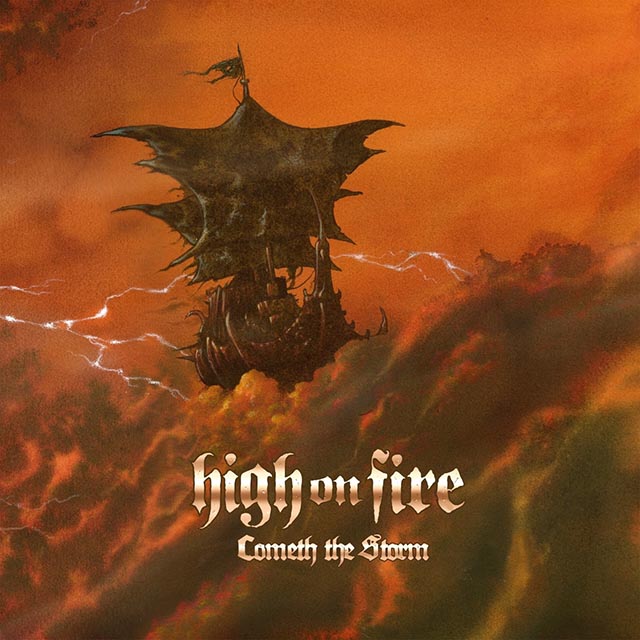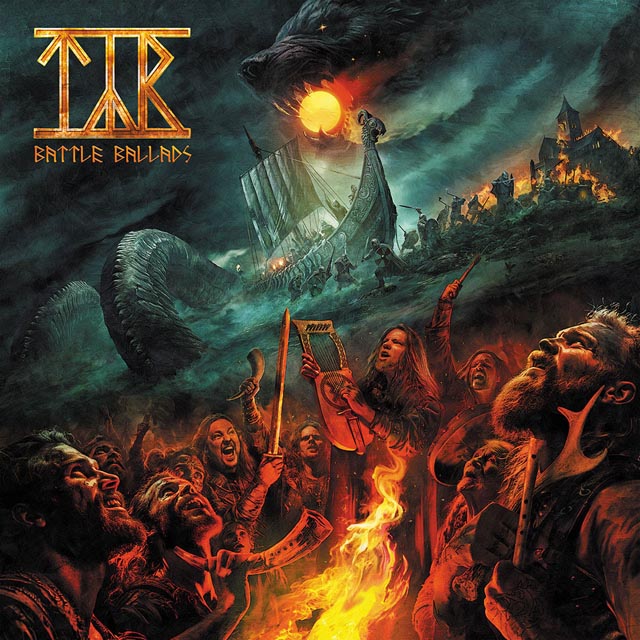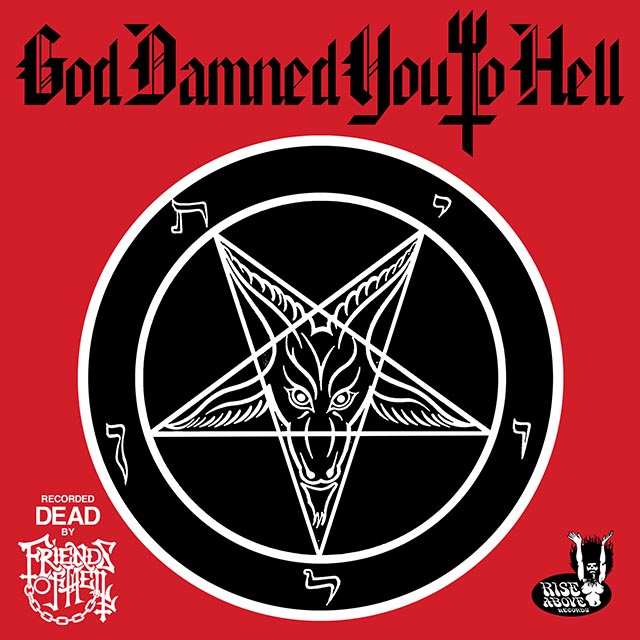
Despite being retired, Mötley Crüe are celebrating the 30 year anniversary of their 1987 album Girls, Girls, Girls. Tomorrow (25), a special reissue of their fourth studio LP will be released via Pledge Music. Rolling Stone caught up with bassist Nikki Sixx to reflect on the classic record.
Sixx described the reissue:
“You have a band with over 35 years of skin in the game, so a lot of kids that are coming up have heard about Mötley Crüe or a song here or there, so [the reissue] is about reintroducing the band to new generations of people and going back and reliving it, because, let’s face it, it was a long time ago.”
During the discussion, the bassist had to reflect on his heroin addiction and he didn’t seem to have any regrets:
“Mötley was a lot of fun,” he tells Rolling Stone. “Politically incorrect? Yes. Sexist? Of course. Drug addicts? For sure. Alcoholics? Oh, yeah. Dangerous? Without a doubt. I wouldn’t trust any member of Mötley Crüe, except maybe Mick, in an alley at night. Tommy, Vince and me were brawlers, and we loved it. We loved to fight. We loved to fuck. We loved to play heavy metal. I remember when people were like, ‘That’s not cool, man,’ I’d go, ‘Why is that not cool?'”
Asked how the album means to him now versus 30 years ago:
“It’s an album with some real grit to it. I think it represents where we were at the time, as a young bunch of men that were extremely successful and didn’t necessarily have all the tools to deal with it. The lyrics are very raw. “Wild Side,” “Girls, Girls, Girls” and “Five Years Dead” are great examples where I feel like I really nailed it. And “You’re All I Need” is a great storytelling song that isn’t as glossy and pretty as some of the other bands were trying to come off as. Of course, you don’t know this until you step back.”
Later, he was asked how the song “Wild Side” came together:
“Well, “Wild Side” started out as a bastardized version of the Lord’s Prayer. You know, “Kneel down ye sinners to streetwise religion/Greed’s been crowned the new King.” We were having struggles with our record company, so that was about the record contract. Elektra Records represented everything that was bad about the music industry at that time; they took something that was honest and just threw it against the wall. Every big idea we had, they didn’t want to do it. Like, they didn’t understand that we wanted to change the logo on every record. They weren’t on the same page as us. So I think some of those lyrics were passive-aggressive on my part.”
Sixx described how his addiction and struggles ended up on the record:
And again, it brings us back to the fact that I was a young kid who had a lot of family problems. I slept in parks. I surfed couches in the Seventies, and Mötley Crüe’s just been my family and then there I was, the actual thing that’s destroying my family, down there on the street scoring dope in a Mercedes-Benz. I think there was a line in one of the songs that referenced that – “score dope in my Mercedes-Benz” – and I think [producer] Tom Werman was like, “You can’t let your fans know that you’re rich.” And I changed that line. I wouldn’t change that now. But I remember going to work feeling like I wasn’t pulling my weight. I got the job done as the bass player, but I was kind of like, “Fuck man, my demons spilled over on my 25 percent of the page on that record.” So there’s parts of me that doesn’t like that, and then the other part of me is like, “Well, at least the album captures some of that.”
Towards the end of the discussion, he recalled how MTV nearly banned the video for “Girls, Girls, Girls”
“They also banned “Girls, Girls, Girls.” My favorite part was we knew MTV was getting more conservative because they were getting advertising. We knew we wanted to shoot the “Girls, Girls, Girls” video in a bunch of strip clubs in L.A., and there were all these MTV rules and regulations. You had to send a video in and they would all sit around a boardroom smoking pipes with cardigans on and go, “Oh, I think that’ll work just fine for our audience.” So me, Tommy and Mick were sitting around going, “Why don’t we shoot two videos? Let’s shoot one where the girls are full-on, fuckin’ fuck-ass naked. And then we’ll shoot another where they have something on, but not a lot. We’ll send the horrible one – the one MTV will say no to – and get their notes back where they say, ‘We’d love to play your video if the girls had clothes on’ and then send them the video we knew they would’ve said no to if we’d sent if first.” And that’s how we got that video on MTV. Later, I think it got so many complaints they took it off the air.”
This led to Sixx explaining how the song initially came together:
“Well, it’s what we were doing. We were riding motorcycles and hanging out in strip clubs. We were off the road. We were young guys having fun, man. Tommy had the notes for the chorus, and I wrote this lyric like, “Friday night, and I need a fight” – kind of an AC/DC thing – and I thought it was pretty cool. Mick wasn’t happy with the riff. As we were leaving rehearsal, he goes, “I’m not feeling good. I’m going to go home, get an eight-ball of cocaine and a bottle of Jack Daniel’s, and I’m gonna come back tomorrow with a better riff.” And he came back with the riff you hear, and it was like, “Whoa.” So that’s when we nicknamed him “Eight Ball” Mars. All we had to do was hand Vince the lyrics and point him in the right direction, and that Gatling gun, spitfire voice of his would put the stamp on it.”
Read the full interview, which involves some wild backstage stories, here.


